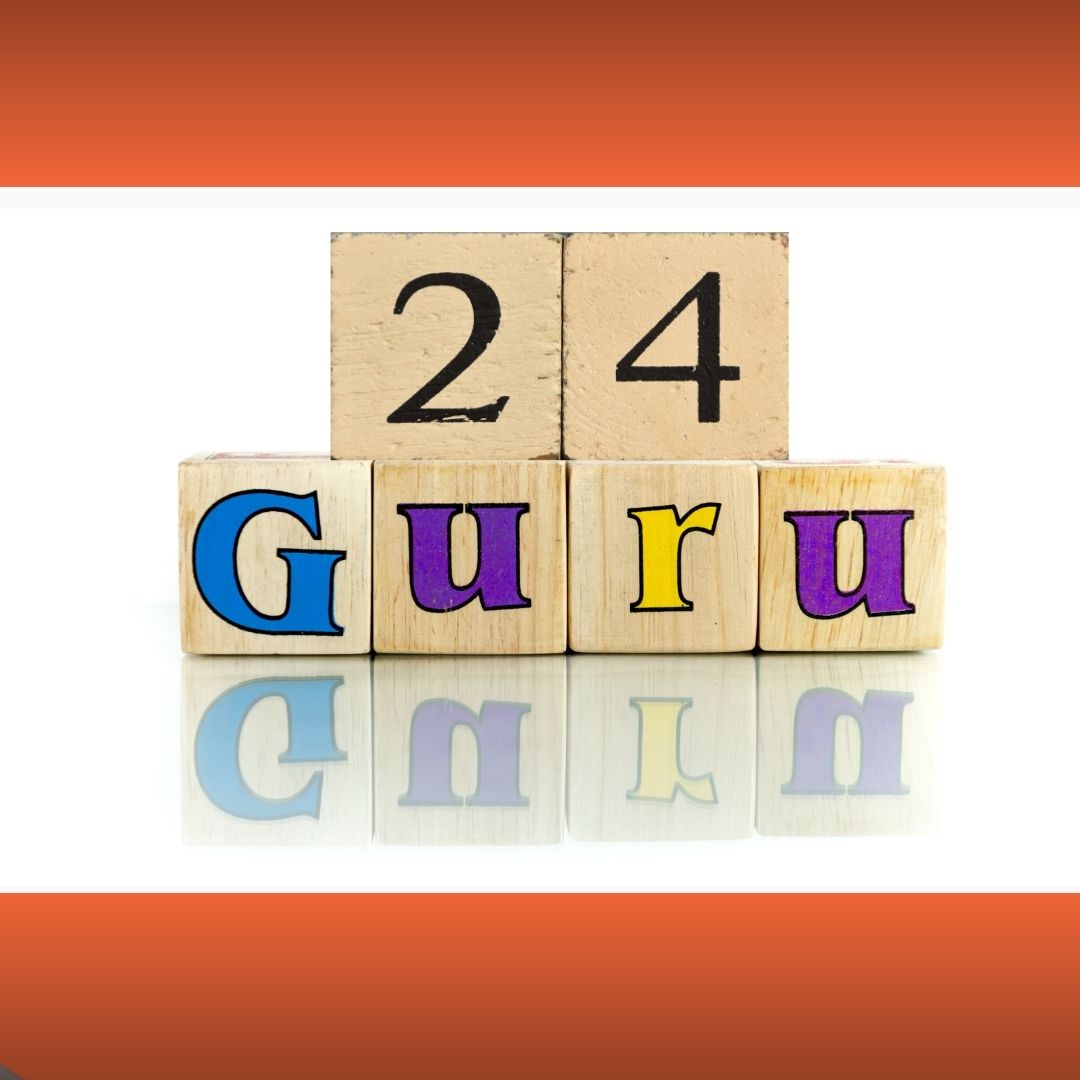“In my walks, every man I meet is my superior in some way, and in that I learn from him.” -Ralph Waldo Emerson
In the Śrīmad-Bhāgavatam, there’s a tale of the avadhūta brāhmaṇa, a yogī in the forest. He was wandering in the wilderness when a king appeared to ask him how he became enlightened. The avadhūta claimed to have 24 gurus. The king looked around and said, “I don’t see anybody here, what to speak of any gurus…” The yogīthen explained all the lessons he had learned through focused observation.
From the earth he learned sobriety; a certain stoicism to tolerate various climatic changes and people walking upon her surface, generation after generation, claiming the land to be their own. He learned from the mountain how to serve others, for the mountain is struck with torrents of rain and thunderbolts yet gives back in return clear streams of water and minerals in abundance. From the tree he learned how to dedicate one’s whole life to service, for the tree provides fruits, shade, and beauty. Even after it dies, its wood becomes the foundation for other people’s homes, fuel, paper, and other useful implements.
From the wind he learned how to be satisfied just by being alive, for the air passes through various entities, maintaining them but remaining uncontaminated. From the sky, he could understand the imperceptible and indivisible nature of the spiritual being. From water he learned the nature of someone who’s situated in spiritual consciousness. Water makes a pleasing sound when it is moving, and similarly, when we meet a spiritually advanced person, we hear beautiful words that clarify our own consciousness and purify our hearts.
From fire he learned how the process of devotional service can cleanse the desires within our heart, for fire purifies even as it burns. From the moon he learned that, although we are permanent spiritual beings, our material bodies grow and dwindle, just as the moon appears to grow and dwindle. From the python he learned that even if we don’t endeavour for food and maintenance it comes to us automatically due to our karma, for the Python stays in one place and waits for its prey to come to it.
From the ocean he learned to not give into impulses but to remain steady and grave despite internal or external turmoil. From the moth he learned that one should not be enamoured of sense objects, for the moth, attracted by the illumination of a flame, immolates itself by flying into it. From the bumblebee he learned to only take a little bit of charity so as not to become fully dependent on others, just as the bee takes only a little bit of nectar from each flower. From the honeybee he learned that holding on to possessions is futile for at some point the honey badger will come and steal all of one’s accumulated wealth.
From the elephant he learned that no matter how stout and strong one is, one can be easily captured by attraction to the forms of this world. From the deer he learned how easy it is to become enamoured of musical sounds simply for one’s own enjoyment, and to forget the purpose of life. From the fish, who’s caught because of his uncontrolled tongue when he bites the fisherman’s hook and bait, he learned to control his tongue. From the spider he understood the nature of the Supreme, who manifests everything from his own energies and creates an entire world just as a spider from its own abdomen magically manifests a web.
And one day when he was meditating, he heard a commotion. A kurari hawk had risen in the air with a mouse in its talons and was assailed by two larger hawks who told him, “Give it up, or die.” The hawk dropped the mouse and flew away to safety. From this he learned that we should let go of our petty attachments so that we can pursue our higher-minded purpose in life and not be assailed by the attachments that hold us to this world and cause us to lose valuable time, what to speak of our lives.
Among his 24 gurus, he mentioned the arrow maker. He was once in a town and happened to see an arrow maker working at his craft, deeply concentrated on making sure his arrows were perfectly straight. He was so focused that he didn’t even notice when the king and his retinue came through the town in a parade with bands playing, jugglers, elephants, and dancers.
Afterwards someone asked, “Did you see the king?” The arrow maker replied, “Huh, what King?” “You didn’t see the parade?” “Huh? What parade?” No parade, no king. He was fully focused on making the arrow. In this way, the avadhūta brāhmaṇa described how his guru, the arrow maker, taught him the power of exclusive focus: when one goes into a trance on the task at hand and becomes fully aware of what he is doing in the moment.
Want more wisdom from Vaisesika Dasa? Sign up for his newsletter here!
0
